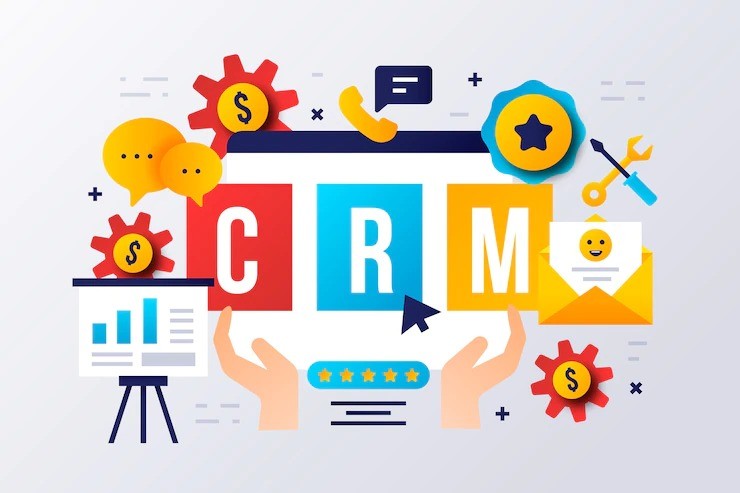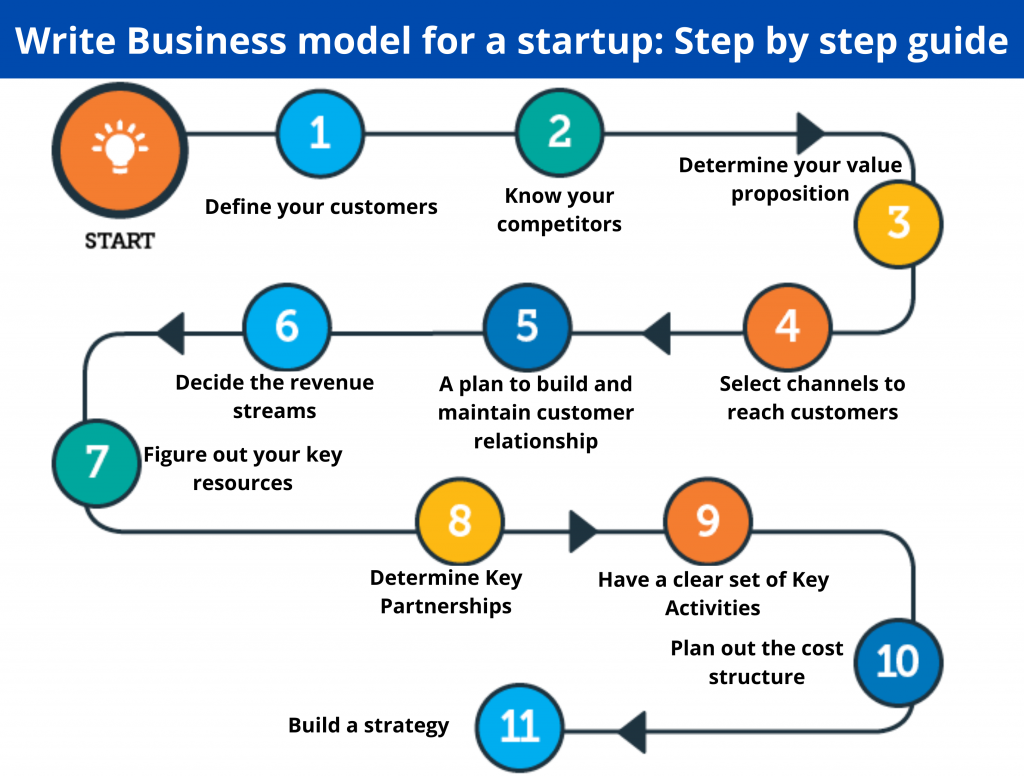
In the fast-paced world of startups, building and maintaining strong relationships with your customers can be the key to your business’s success. This is where Customer Relationship Management (CRM) comes into play. CRM tools help startups streamline interactions with customers, automate tasks, and provide data-driven insights that improve decision-making. In this guide, we’ll explore how using CRM can help your startup grow faster, improve customer loyalty, and boost your bottom line.
What is CRM, and Why Should Startups Use It?
CRM stands for Customer Relationship Management. It’s a technology designed to manage all of a company’s relationships and interactions with both current and potential customers. For startups, CRM offers a way to:

- Organize customer data: Keep track of all your customer information in one place—contact details, purchase history, and communication logs.
- Enhance communication: Make it easier to stay in touch with customers through personalized emails, follow-ups, and automated messages.
- Improve customer experience: Understand customer needs and preferences, enabling you to provide a more tailored and thoughtful experience.
- Boost sales: Track leads, close deals faster, and identify opportunities for cross-selling and upselling.
For any startup, having the right CRM system can turn customer interactions into opportunities for growth and create long-term, loyal relationships.
Key Benefits of CRM for Your Startup
Using CRM offers several powerful advantages for startups:

- Efficiency and Time Savings:
By centralizing all your customer data, CRM eliminates the need for manual tracking and disjointed systems. Automated workflows, reminders, and task management features make it easy to save time and keep everything organized. - Better Insights into Your Customers:
CRM systems provide valuable data on customer behavior, preferences, and pain points. This knowledge allows you to tailor your marketing campaigns, optimize your sales processes, and personalize your communication to create better customer experiences. - Improved Lead Management:
With CRM, you can easily manage your leads through every stage of the sales process, ensuring no opportunity is missed. The system will help you prioritize the most promising leads, follow up effectively, and close deals faster. - Stronger Team Collaboration:
CRM systems enable seamless collaboration among your team members. Everyone has access to the same customer data, so there’s no confusion or miscommunication. This alignment fosters productivity and ensures that all customer-facing teams are on the same page. - Data-Driven Decision Making:
With real-time analytics and reports, CRM gives you the insights you need to make informed decisions. You can track key performance indicators (KPIs), measure the success of marketing efforts, and adjust your strategies based on actual data.
Steps to Implement CRM for Your Startup
If you’re ready to implement CRM, here’s how to get started:

- Define Your Needs and Goals:
Start by understanding your startup’s specific needs. What do you want to achieve with CRM? Are you focused on improving customer retention, streamlining sales, or enhancing marketing efforts? Knowing your goals will help you choose the right CRM solution. - Choose the Right CRM Software:
There are several CRM tools available, each with different features. Popular options for startups include HubSpot CRM, Salesforce, Zoho CRM, and Pipedrive. Choose a tool that’s user-friendly, scalable, and integrates well with the other tools you already use. - Customize Your CRM System:
Tailor your CRM to match the needs of your startup. Customize fields, reports, and dashboards to capture the data that matters most to your business. The more personalized your CRM setup, the better it will work for your team. - Train Your Team:
To ensure your team gets the most out of your CRM, provide training and support. Show them how to use the system efficiently, and encourage them to adopt it fully. The better your team understands the tool, the more they can leverage it to drive growth. - Integrate with Other Tools:
For optimal performance, integrate your CRM with other essential tools like your email marketing platform, accounting software, or project management system. This integration ensures smooth data flow and eliminates redundant work.
Best Practices for Maximizing CRM Effectiveness in Your Startup
To get the best results from your CRM, here are some proven best practices:

- Keep Your Data Clean:
Accurate and up-to-date data is essential for CRM success. Regularly clean and update your CRM data to avoid errors and maintain its value. - Automate Where Possible:
Leverage automation features to streamline repetitive tasks, like sending follow-up emails, scheduling meetings, and nurturing leads. Automation frees up time for your team to focus on higher-priority tasks. - Personalize Customer Communication:
Use the insights from your CRM to personalize your outreach. Send targeted emails, offer personalized product recommendations, and engage customers based on their unique preferences and history. - Monitor Customer Satisfaction:
Use CRM to track customer satisfaction and gather feedback. Regularly check in with customers and resolve any issues promptly to keep them happy and loyal. - Track Performance and Adjust:
Continuously monitor your CRM’s performance by reviewing key metrics and reports. Regularly assess your progress and tweak your strategy to ensure you’re getting the best results.
Conclusion
CRM is a powerful tool that can revolutionize how your startup interacts with customers. By centralizing data, improving communication, automating tasks, and delivering personalized experiences, CRM can help your startup build stronger relationships, increase sales, and accelerate growth. Start using CRM today, and watch your startup thrive!
Call to Action:
Ready to harness the power of CRM for your startup? Explore the best CRM tools available and begin improving your customer relationships today. Your business’s success starts with understanding your customers.




